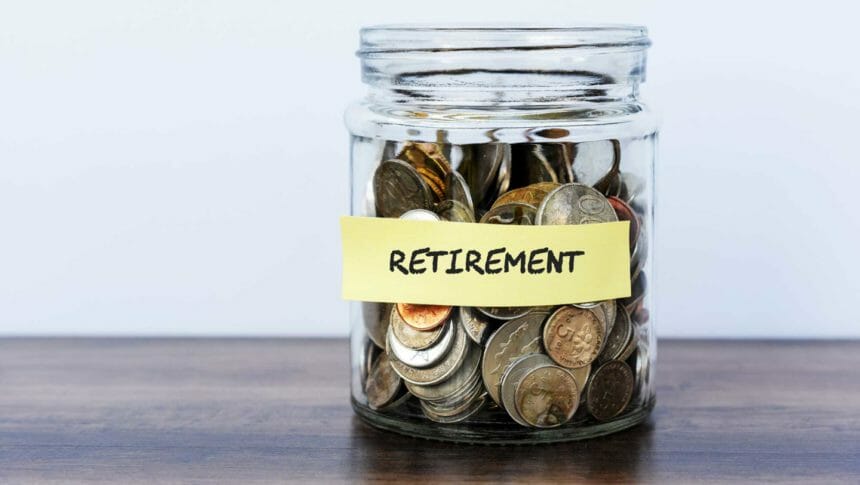
Baby boomers are the generation most cynical about retirement prospects, according to the Transamerica Center for Retirement Studies’ 23rd Annual Retirement Survey.
Among a group of working respondents who spanned four generations, 55% of baby boomers believe that future retirees will be worse off than those currently in retirement — a figure higher than any of the three other age groups surveyed: Generation X, millennials and Generation Z.
Forty-nine percent of baby boomer workers expect to or already are working past age 70 or do not plan to retire, with an equal percent of workers of that generation citing outliving their savings and investments as one of their biggest retirement fears.
Of the four generations surveyed, on average, 41% believe future generations of retirees will be worse off.
“The pandemic and turbulent economy have taken a toll on workers’ employment, finances and retirement preparations. Without additional support from policymakers and employers, it will be extremely difficult for many workers to recover,” Catherine Collinson, CEO and president of Transamerica Institute and TCRS, said in a press release.
Many baby boomers, who are turning 59 to 75 this year, also are pessimistic about the age at which they will retire. Most older adults who move to senior living do so between the ages of 75 and 84, according to Where You Live Matters, the American Seniors Housing Associations’s online information resource for consumers.
Forty-three percent of baby boomers said that declining health that requires long-term care is one their biggest retirement fear, whereas another 40% said they fear that Social Security will be reduced or no longer exist in the future. Forty-one percent said they expect Social Security to be their primary source of retirement income.
“Among those still in the workforce, baby boomers are especially vulnerable to employment setbacks, volatility in the financial markets and increasing inflation – all of which could disrupt their retirement plans and with little or no ability to recover” Collinson said. “It’s critically important they have contingency plans for the unexpected.”
The survey found that only 34% of baby boomers have a backup income plan if forced into retirement earlier than expected.
Read other business articles here.


